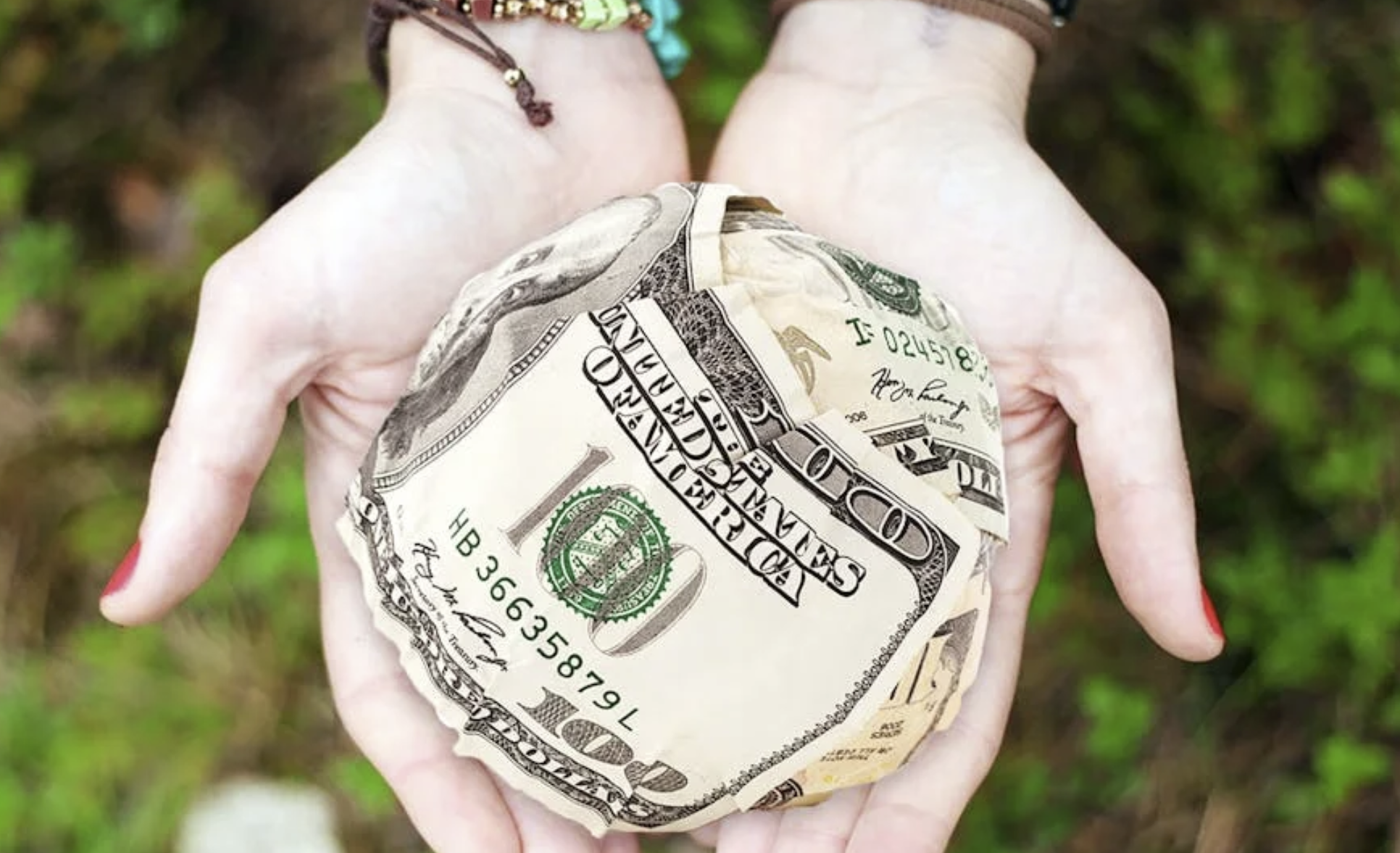Credit cards are financial tools that can boost your purchasing power. They provide you with immediate access to a line of credit that can be especially handy when you don’t have enough cash on hand. Many even come with rewards, like cashback, reward points, or travel miles, which you can redeem to effectively reduce the cost of purchases like groceries or travel-related expenses.
Despite all of these perks, however, a lot of new credit card holders are hesitant to use them. This reluctance usually comes from the fear of accumulating debt. Obviously, not using your credit card lowers your risk of incurring debt. That being said, you’re also hindering yourself from building good credit. Having good credit gives you access to better banking offers—such as lower interest rates, higher credit limits, and favorable loan terms—should you need them in the future. These can be particularly beneficial when covering significant expenses like a new car, children’s tuition fees, and medical procedures.
With responsible credit card usage, you can build a good credit history and not worry about getting into debt. Here are some strategies to ensure that you’re using your new credit card wisely:
Table of Contents
Pay Your Credit Card Bills on Time
Part of being a credit card owner is paying for your bills, which you have to settle each month. If you start neglecting them, you’ll be penalized with late fees and interest. This results in negative marks on your credit report, which can harm your credit score. Simply put, it’s essential to never miss a due date to maintain a positive credit history. One way to help you achieve this is to set reminders on your phone or use calendar alerts. This way, you’ll be reminded to pay for your credit card bills on time. When you’re consistent with your credit card bill payments, you’ll demonstrate to lenders that you are a responsible borrower. This can then open up more beneficial credit opportunities in the future.
Make the Right Purchases with Your Credit Card
While it may be tempting to use your first card for large purchases or non-essential items, it’s better to use your credit card for essential expenses that you can afford to pay off each month. This way, you can avoid incurring high interest charges and additional fees, making it easier to establish a pattern of credit card usage. Depending on the type of credit card you own, you need to use it on certain types of purchases to maximize its benefits.
For instance, the Landers Cashback Everywhere Credit Card by Maya is perfect for shopping at Landers and covering other everyday expenses. This credit card offers up to 5% cashback on items purchased at Landers, 2% cashback on dining, and 1% on other eligible purchases. Additionally, the Landers Cashback Everywhere Credit Card serves as a Landers membership card. If you’re looking for a credit card online application Philippines’ customers can get maximum value from—and you also happen to be a Landers member—then this card is definitely a good option.
Through the smart use of your credit card, you can increase your credit utilization on practical expenses and build a good credit history—again, as long as you pay your bills on time.
Keep Your Utilization Rate Below 30%
Your credit utilization rate refers to the amount of credit you’re using relative to your total available credit, and it plays a significant role in your credit score. Each time you make a purchase with your credit card, you’re showing lenders that you can handle credit effectively. However, while you’re encouraged to spend using your credit card, you also need to maintain a healthy utilization rate. If you have a high credit utilization rate, it could indicate to credit institutions that you may be overextending yourself financially.
As a general rule of thumb, it’s best to keep your utilization rate at or below 30%. This is enough to give lenders a positive perception of your credit card usage while giving you ample room to make the most of your credit without the risk of exceeding the threshold. Make sure that you’re monitoring your credit utilization regularly to get a clear picture of your spending habits and help you make adjustments as needed.
Avoid Applying for Multiple Credit Cards at Once
Having more credit cards can give you more spending power, as well as allow you to take advantage of the rewards each card provides. However, it’s inadvisable to apply for multiple credit cards within a short period. Each time you apply for a new card, a hard inquiry is generated on your credit report and temporarily lowers your credit score. Too many hard inquiries can signal to lenders that you’re taking on more debt than you can handle or that you’re in financial distress, which can lead to denials or less favorable terms on future applications. If you’ve recently been approved for a card, it will be better for your credit score to use this card responsibly for several months to establish a positive payment history before applying for a new card.
Check Your Credit Report Regularly
Monitoring your credit report is an essential practice for anyone looking to build and maintain a good credit history. Doing so will keep you up to date with your credit standing and spot any discrepancies. When reviewing your credit report, look for errors like incorrect payment histories or purchases that you did not make. If you find any, promptly dispute them with the issuer so that they can be corrected.
Building a good credit history with your first credit card is a crucial step toward achieving your financial goals. While using your credit card can be intimidating at first, these tips can help you use your card responsibly and help you to establish a solid foundation for your credit profile.
For more insights and resources on business and finance, check out Pump It Up Magazine’s Money Tips.







